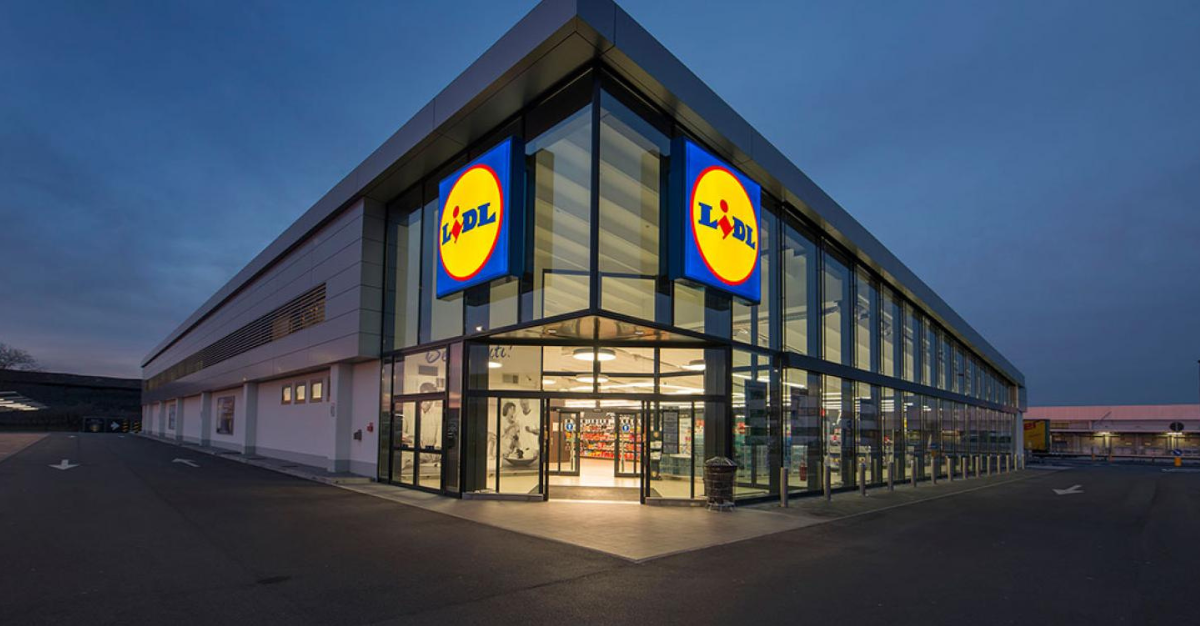Schwarz Group Aims for 30% Less Plastic in Lidl and Kaufland Packaging by 2025
Revamping Packaging Strategies, Embracing Recyclability, and Combatting Ocean Plastic for a More Environmentally-Conscious Tomorrow

Photo from www.greenqueen.com.hk
Schwarz Group, the parent company of Lidl and Kaufland, has set an ambitious target to significantly reduce plastic usage within its private label packaging across divisions by 2030. In an impressive update, the 2022 fiscal year demonstrated a substantial reduction of plastic usage by 28% compared to the baseline year of 2017 across the thirty-two countries where Lidl and Kaufland operate.
The company highlights that, on average, 17% of recycled material is presently incorporated into plastic private label packaging for both Lidl and Kaufland across their global operations. Notably, in their German operations, Kaufland reduced plastic usage by 31%, utilising 34% recycled plastic, while Lidl achieved a 29% reduction using 27% recycled plastic. In addition, Lidl in Germany has attained an impressive 56% recyclability for its private label packaging, with Kaufland achieving 51%.
This achievement is credited to the redesigning of packaging for recyclability, transitioning into mono-materials for a significant portion of private label packaging to enable reuse within the same material flow. For instance, Lidl’s Metzgerfrisch (fresh chicken) is now packaged in recycled material obtained from recycling bins and bags, having undergone stringent rinsing, sorting, and processing to comply with food safety standards.
Further efforts to increase the use of recycled materials involve products such as laundry detergents and household cleaning items like Formil colour laundry detergent and K-Classic toilet cleaner. Schwarz Group continues its collaboration with environmental service provider PreZero to further enhance the integration of recycled materials.
The company has taken innovative steps to reduce the weight of each private-label package. Examples include eliminating the closing clip for K-Bio Vitalgebäck organic cookies at Kaufland and removing the handle from Lidl’s Milbona Greek cream yoghurt, while also introducing new vacuum packaging.
This commitment aligns with the joint group-wide REset Plastic strategy. The company has surpassed its initial goal of reducing plastic usage by 20% across countries by 2025, prompting the revision of targets to aim for 30% less plastic in private label packaging across divisions by 2025 and 35% less by 2027.
Michael Janzer, Director of Corporate Social Responsibility Purchasing International at Lidl, emphasised the company’s sustainability strategy, aiming to incorporate 25% recyclate in its own-brand packaging by 2025 as part of its vision for “Less plastic – closed loops”.
Moreover, Schwarz Group has taken proactive measures to address ocean plastic, integrating recovered ‘ocean-bound’ plastic waste into its sparkling water packaging, potentially preventing almost 4 million plastic water bottles from entering oceans annually.
In the UK, the company is introducing its own-brand tea bags in ‘fully compostable’, plant-based PLA packaging, with the intent to prevent around 800 million tea bags from ending up in landfills each year.
This initiative demonstrates Schwarz Group’s commitment to environmental sustainability, showcasing their dedication to significantly reducing plastic usage in their operations while innovating new ways to contribute to a more environmentally friendly future.
Check out our socials
Lorem ipsum dolor sit amet, consectetur adipiscing elit Lorem ipsum dolor sit amet, consectetur adipiscing elit
The latest packaging projects

A toast to the remarkable journey of the bottle
How receptacles that are multipurpose, beautiful, and filled with quality enable brands to hand deliver a very personal message.

Experts rally behind London Packaging Week Innovation Awards
Christelle Anya, the driving force behind the prestigious ADF, PCD, & PLD Innovation Awards in Paris, and Paul Jenkins, one of the foremost packaging experts in the UK, explain why they’re throwing their weight behind the brand-new London Packaging Week Innovation Awards.
















